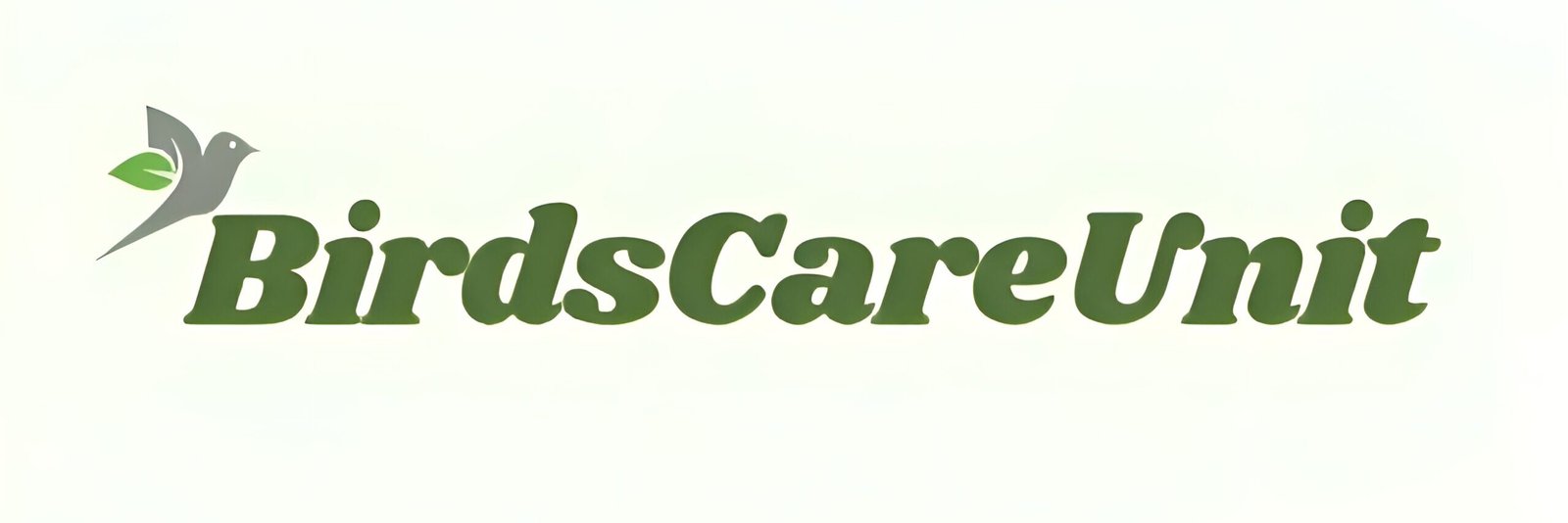What are the Healthiest Foods for Cockatiel

As an experienced cockatiel breeder, I’ve encountered various challenges along the way, but I’ve always found solutions by seeking advice from experts, following guidance from YouTubers, and researching online. Over time, I’ve gained a deep understanding of these wonderful birds and their needs. One of the most critical aspects of keeping cockatiels healthy is providing them with the right food. In today’s blog, I’ll share the essential foods that contribute to the health and well-being of cockatiels, ensuring they thrive in their environment. Let’s dive in!
Understanding Cockatiel Health Risks
Despite their resilience, cockatiels can still be vulnerable to various diseases, especially when confined to cages. Limited flight and exercise can weaken their immune systems, making them more susceptible to illness. Therefore, it’s crucial to prioritize their nutrition to support their overall health and immunity.
Common Health Issues in Cockatiels
- Obesity: A diet high in seeds and low in fresh foods can lead to obesity, which in turn can cause heart disease and liver issues.
- Nutritional Deficiencies: Inadequate intake of essential vitamins and minerals can lead to a variety of health problems, including feather plucking and weakened immune systems.
- Digestive Disorders: An unbalanced diet can result in gastrointestinal issues, affecting nutrient absorption.
- Respiratory Problems: Poor nutrition can compromise respiratory health, particularly in environments with low air quality.
Understanding these risks emphasizes the importance of a balanced diet rich in essential minerals and vitamins.
The Importance of a Balanced Diet
To mitigate health risks, cockatiels require a balanced diet that includes a combination of pellets, seed mixes, and a variety of fresh foods.
Essential Components of a Balanced Diet
- Pellets: High-quality pellets should form the core of a cockatiel’s diet. They are specifically formulated to provide balanced nutrition.
- Seed Mixes: While seeds are a beloved treat, they should complement a more balanced diet rather than serve as the main component.
- Fresh Fruits and Vegetables: These should be offered daily to provide necessary vitamins and minerals.
Recommended Fresh Foods for Cockatiels
Vegetables:
- Carrots: High in beta-carotene, beneficial for vision.
- Broccoli: Rich in vitamins C and K, and fiber.
- Spinach: Packed with iron and calcium.
- Bell Peppers: A great source of vitamin C and antioxidants.
Fruits:
- Apples: Rich in fiber and vitamin C (be sure to remove seeds).
- Berries: High in antioxidants and vitamins.
- Bananas: Offer potassium and fiber but in moderation due to high sugar content.
- Grapes: Hydrating and sweet, providing vitamins and minerals.
By including a variety of these fruits and vegetables, you can ensure your cockatiels receive a broad spectrum of nutrients.
Safe Handling of Fresh Foods
When offering fresh foods to cockatiels, it’s vital to ensure proper handling to avoid contamination. Here are key steps to follow:
Thorough Washing: Always wash fruits, vegetables, and leafy greens thoroughly with fresh water before serving them to your birds. This simple step helps remove any pesticides, dirt, or bacteria that may be present, reducing the risk of digestive issues or illness.
Cutting and Preparation: Chop fruits and vegetables into manageable pieces for your cockatiels. This not only makes it easier for them to eat but also encourages them to try different foods.
Storage: Store fresh produce in the refrigerator to maintain freshness. Discard any uneaten food after a few hours to prevent spoilage.
Hydration for Health
In addition to solid foods, fresh mineral water should always be available to cockatiels to ensure proper hydration and digestion. Here are tips for maintaining hydration:
Daily Water Changes: Always provide fresh, clean water, changing it daily to prevent contamination.
Monitoring Intake: Pay attention to your birds’ water consumption. A sudden decrease could indicate health issues.
Hydrating Treats: Consider offering water-rich foods such as cucumber or watermelon slices as treats. These can help keep your birds hydrated.
Variety is Key
Cockatiels, like humans, benefit from dietary variety. Offering a diverse range of foods not only provides essential nutrients but also keeps mealtime exciting and engaging for your birds.
Tips for Introducing Variety
Experiment with Different Foods: Try introducing new fruits and vegetables gradually. Some cockatiels may be more hesitant to try unfamiliar foods.
Observe Preferences: Take note of which foods your cockatiels enjoy most and incorporate them regularly into their diet.
Rotate Foods: Regularly change the types of fresh foods offered to prevent boredom and ensure a well-rounded diet.
Consultation and Care
As a responsible breeder, it’s essential to stay informed about the latest advancements in avian nutrition and consult with avian veterinarians or experienced breeders for guidance. Here’s how to approach this:
Veterinary Consultation
Regular Check-ups: Schedule regular visits with an avian veterinarian to assess your birds’ health and nutritional needs.
Tailored Recommendations: Your vet can provide specific advice based on the health status and breeding goals of your cockatiels.
Engaging with Experienced Breeders
Networking: Join breeding forums or local avian clubs to connect with experienced breeders who can share their knowledge and tips.
Sharing Best Practices: Learning from others’ successes and challenges can help you optimize your breeding program.
Healthiest Foods for Cockatiels: A Comprehensive List
1. High-Quality Pellets
Pellets designed specifically for cockatiels are essential for a balanced diet. They should be the foundation of your bird’s nutrition.
Recommended Brands
- Harrison’s Bird Foods: Known for organic, high-quality ingredients.
- Zupreem: Offers a range of pellets tailored for cockatiels.
2. Seed Mixes
Choose seed mixes that provide a variety of seeds without excessive fillers.
Recommended Seed Mixes
- Kaytee Exact Cockatiel Food: A complete diet with added vitamins.
- Lafeber’s Nutri-Berries: Fortified seed balls that combine seeds with pellets.
3. Fresh Fruits
Fruits provide essential vitamins and can serve as treats. Here are some safe options:
- Apples: Remove seeds and core before serving.
- Blueberries: Packed with antioxidants.
- Papaya: A great source of vitamin C and digestive enzymes.
4. Fresh Vegetables
Vegetables should be included daily for their nutrient content.
- Carrots: Grated or chopped for easier consumption.
- Kale: Rich in vitamins and minerals.
- Zucchini: A hydrating option that is low in calories.
5. Grains and Legumes
Including grains and legumes can enhance protein intake.
- Cooked Quinoa: A complete protein source.
- Lentils: High in protein and fiber; serve cooked and cooled.
6. Nuts (in Moderation)
Nuts can be a tasty treat but should be offered sparingly due to high-fat content.
- Almonds: Rich in healthy fats and vitamin E.
- Walnuts: Good for heart health, but offer in small amounts.
7. Calcium Sources
Calcium is essential for bone health and egg production.
- Cuttlebone: A readily available source of calcium.
- Mineral Blocks: Provide essential minerals alongside calcium.
Potentially Harmful Foods to Avoid
While many foods are safe for cockatiels, some can be harmful:
sweet and dairy products, oil based nuts, salted products, cookies, beverage, chocolate must be avoid to keep them healthy for a long period of time.
Conclusion
By prioritizing the nutritional needs of your cockatiels and providing them with a varied and balanced diet, you can help ensure that they remain healthy and thrive in their environment. With dedication and care, you’ll enjoy the rewarding experience of nurturing vibrant and flourishing cockatiel companions.
The right diet can make all the difference in the health and happiness of your cockatiels. Stay informed, observe your birds closely, and make adjustments as needed to create the best possible environment for their well-being. Happy breeding!


